News
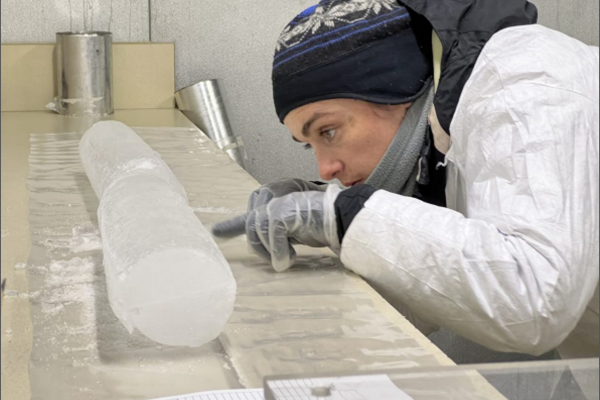
Dr. Emilie Beaudon Receives NSF CAREER Award
Dr. Emilie Beaudon, Research Scientist at the Byrd Polar and Climate Research Center and Assistant Professor in the School of Earth Sciences, has been awarded an NSF-CAREER grant. Her 5-year project…

The American Meteorological Society Recognizes Byrd Center Principal Investigators: Steven Quiring and Zhengyu Liu
Congratulations, Byrd Center's Principal Investigators and Professors in the Atmospheric Sciences program in the Department of Geography, at The Ohio State University, Professor Steven Quiring has…
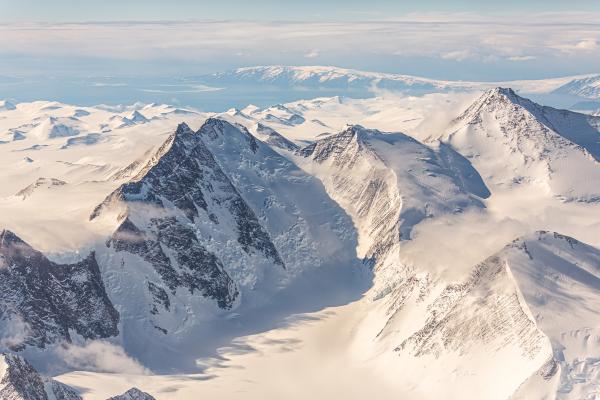
Geologists Help Reveal Hidden History of Transantarctic Mountains
A recent study has provided a clearer understanding of a long-mysterious chapter in Antarctica’s geological history. The research was conducted by a team of scientists from multiple institutions,…
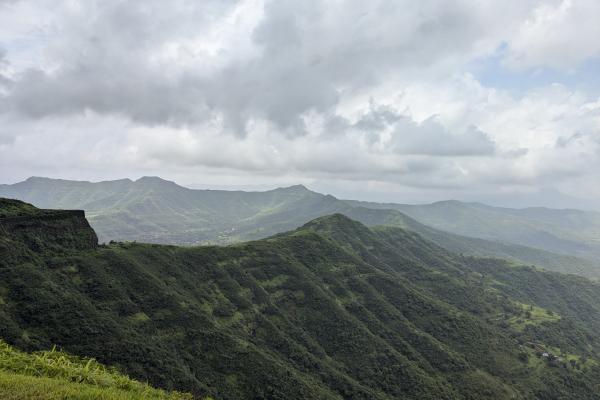
Precession Drove Opposing Monsoon Patterns Over Millennia in Asia and Australia, Study Finds
A new international study has uncovered how subtle changes in Earth's orbit triggered opposing rainfall patterns between Asia and Australia over the past 300,000 years. The research, published in npj…
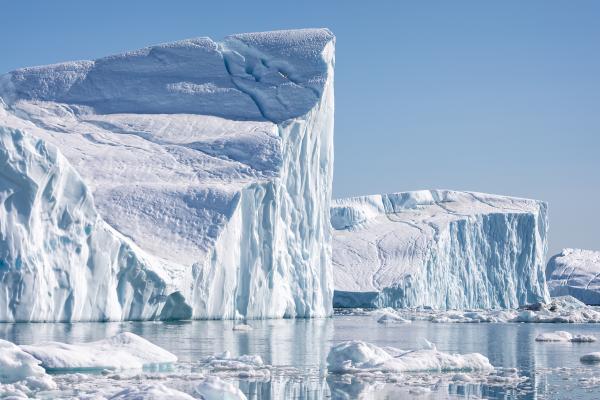
New High-Resolution Method Reveals Accelerated Ice Loss at Greenland's Margins
A new study published in Earth and Planetary Science Letters introduces a powerful technique to measure ice mass loss in Greenland with unprecedented spatial detail, particularly along the ice sheet…
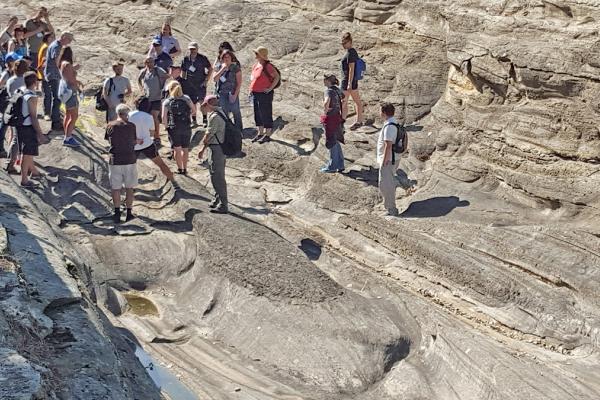
Getting Schooled in Complex Earth System Modeling
Training schools focused on modeling solid Earth responses to ice mass changes offer lessons on how early-career scientists can build professional networks and learn skills to solve complex problems…

Discover Magazine Spotlights How Rock Collection from the Polar Rock Repository is Rewriting Antarctica's Geological History
A recent article in Discover Magazine explores how a vast collection of Antarctic rock samples housed at The Ohio State University is helping scientists revise key chapters in the geological history…
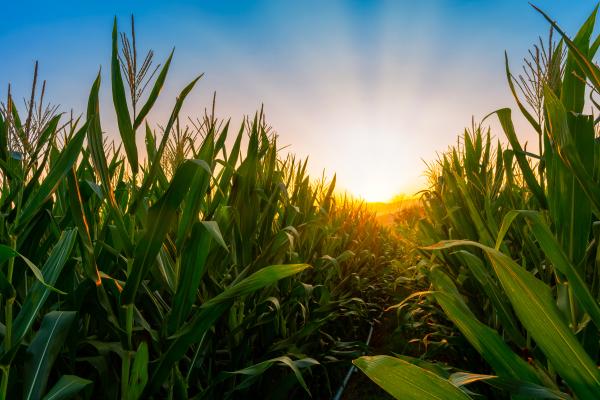
What is 'corn sweat' and how does it exacerbate heat waves?
Principal Investigator at the Byrd Polar and Climate Research Center and State Climatologist of Ohio, Aaron Wilson, shared with ABC News how mid-summer marks the peak of corn’s maturity, when…

Extreme Weather and Forecasting Radio Talk
On July 22, Byrd Polar and Climate Research Center Principal Investigator Dr. Man-Yau ("Joseph") Chan, Assistant Professor of Geography at The Ohio State University, and Associate Professor Dr. Jana…
